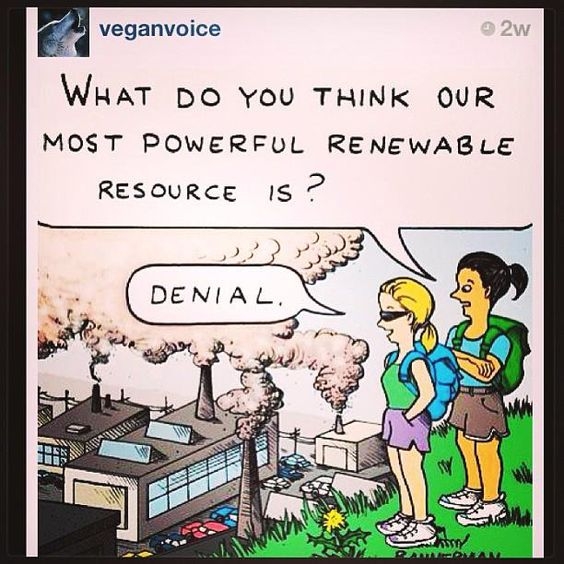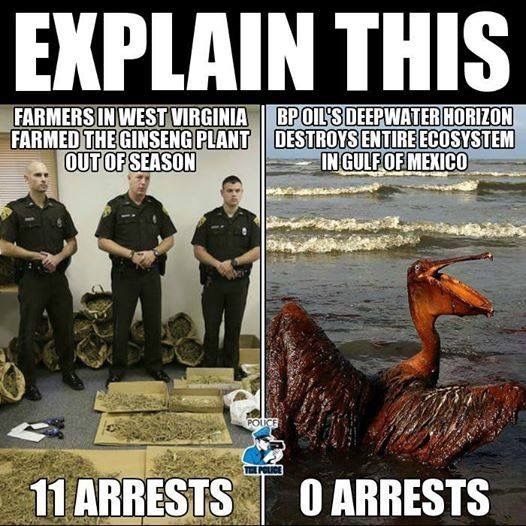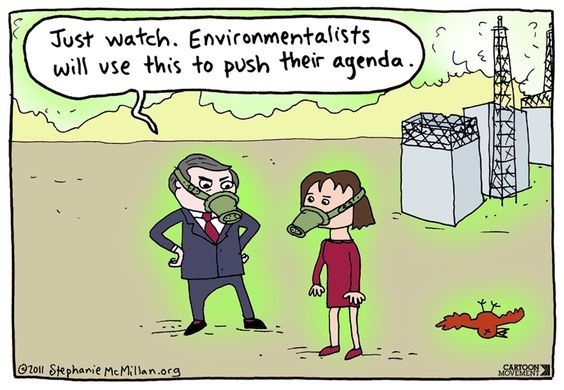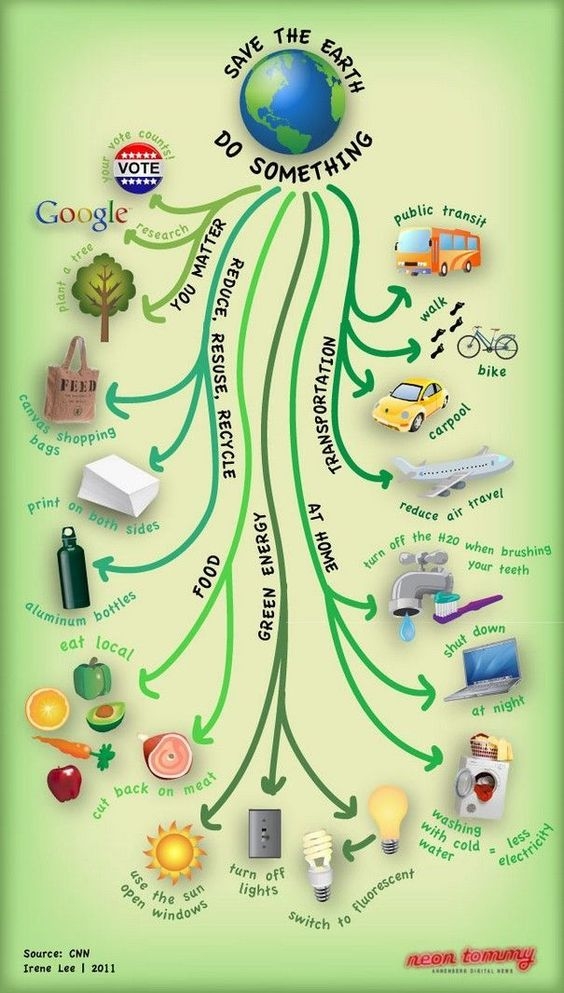On the one side there are big mining companies and politicians who are interested in exploiting the resources of the land and on the other side there are communities and natural habitats which are threatened by mining.

The constitutional rights of South Africans has been upheld by the High Court of South Africa in the case of the Amadiba Crisis Committee against the department of mineral resources and Australian company Transworld Energy and Mineral Resources (TEM) over mining rights earlier this year.
In 2016 Sikhosiphi Bazooka Rhadebe a member of the Amadiba Crisis Committee was assassinated. Two years later “We do not know if my father’s murder will ever be solved,” says Tarzan Rhadebe. There has still been no justice and there have been other deaths.
The South African Human Rights Commission welcomes this ruling but business programs like safm’s MoneyWeb host guests who are very worried about losing profit. This could impact negatively on resource extraction for countries who have manufacturing capabilities.
In South Africa our manufacturing sector has been systematically reduced by many variables most notably the high cost of energy mainly sourced from coal. The exploitation of the wealth of the land has until this point been to the detriment of the local people and environment.
The South African Mining game is under pressure because Judge Annali Basson has changed the rules. A high court ruling in the case of Xolobeni versus big mining business, decided that a right to mine could not be granted without full informed consent from community members.
The Judge ruled that the Mineral Petroleum Resources Development Act (MPRDA) and the Interim Protection of Informal Land Act (IPILRA) must be read together and that the mineral resources minister (presently Gwede Mantashe) lacked any lawful authority to grant a mining right unless the Informal Rights to Land Act had been complied with.
“In keeping with the purpose of IPILRA to protect the informal rights of customary communities that were previously not protected by the law, the applicants in this matter therefore has the right to decide what happens with their land.
“As such they may not be deprived of their land without their consent.
In September 2018 Mineral resources minister Gwede Mantashe paid a visit to Xolobeni to listen to residents’ views about a proposal to establish a titanium mine along the Wild Coast, which has divided the community bitterly into two.
The meeting descended into chaos and SAPS arrested advocate Richard Spoor who was later released on warning – for allegedly inciting violence.
Police used batons and stun grenades to disperse about 500 pro- and anti-mining demonstrators at a chaotic meeting in Xolobeni in Mbizana.
Scores of screaming people went running for cover as members of the public order policing unit, as well as police from intelligence – and others from Port Elizabeth, Komani and the provincial headquarters in Zwelitsha – took control of a meeting that had descended into chaos.
More recently I’ve learned of another activist that has been murdered. I was researching the Xolobeni issue when in a thread on Twitter about missing money from the Xolobeni trust I saw the following:

Clearly this is a war that will not be won in the court rooms alone. Civil society and interest groups must stand up and challenge the exploitation of the people and environment.















































